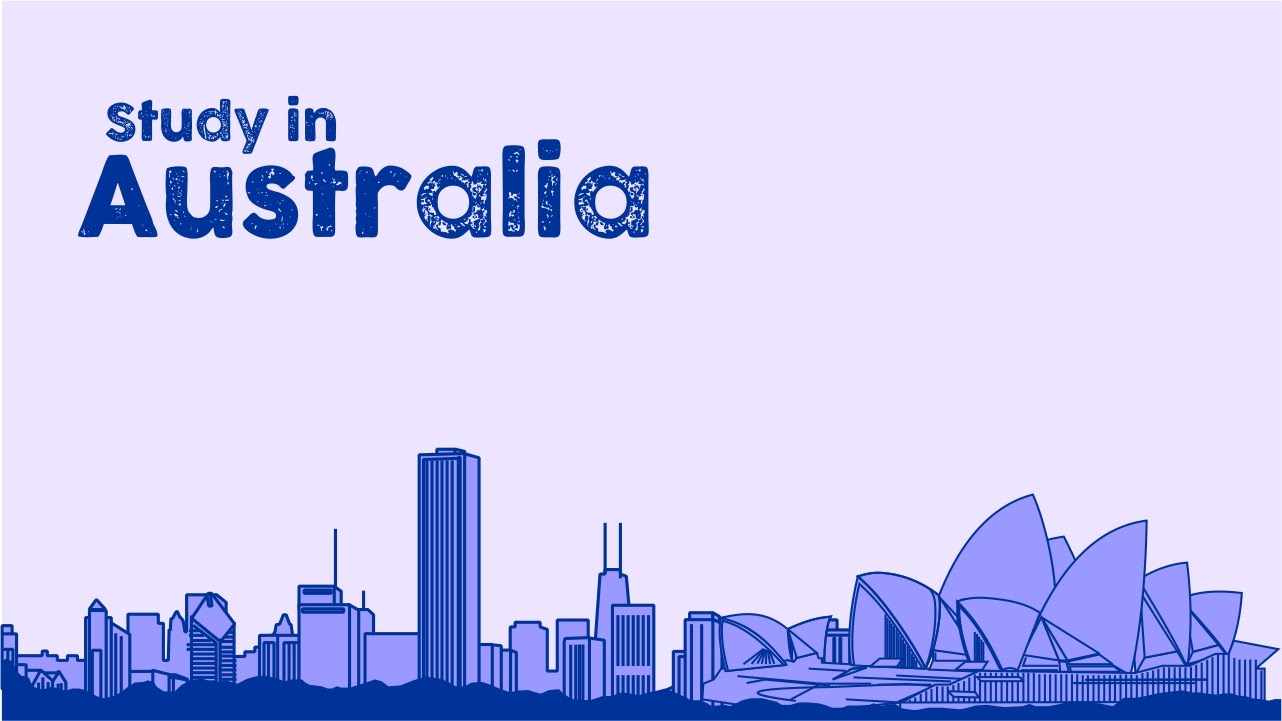452, Tulsi Arcade, Mota Varachha, Surat
Australia, the great land of opportunities for international students. Apart from its abundant customary attractions, Australia is also the third most popular country for overseas education.
Aspiring students can rest assured of a well-oiled support system and unmatched academic excellence within their reach.


The backbone of the Australian Education System is its robust regulatory structure and transparent accountability mechanisms, with the Australian Qualifications Framework (AQF) playing an eminent role.
The AQF integrates 10 levels and forms a link between school, vocational and university education qualifications into a single national system, allowing fluid movement between levels, courses as well as institutions.
As long they satisfy the requirements, International students have the option to receive education from Australia across all levels of education such as;

Education in Australia is compulsory between the age of 6-16 years, which can be received through
The premise of VET is to equip students with practical skills and knowledge to carry out tasks in an efficient manner
Offered courses often function as a gateway
Various government as well as private institutions provide VET and TAFE (Technical and Further Education) to students and depending on the course upon successful completion award students with


Provided at the College/University level. The skills and knowledge bestowed at these levels
Based on their future aspirations’ students can enroll for
With an exceptional framework of national quality assurance system, the government diligently pursues to strengthen the processes in its education and training.
The Australian Education System with its remarkable reputation, offers a diverse range of study options to students from overseas while ensuring the quality of education and protection to assure their safety.
Here is a brief review of the prevalent study options in Australia across different levels in Australian dollars:
| QUALIFICATION | DESCRIPTION | DURATION | AVERAGE ANNUAL FEES |
|---|---|---|---|
| Certificates Diploma Advanced Diploma | Provided by institutions offering VET to students and preparing them with the required skill sets for their aspiring field of industry. | 6-18 months | $4,000-$22,000 |
| Bachelor’s Degree | Undergraduate programs focusing on academic knowledge in a variety of courses across various disciples. | 3-4 years | $15,000-$30,000 |
| Graduate Diploma | Vocational in nature, this qualification aims to develop practical skills of students in a speedy manner. Students can apply after completing their bachelors’ degree preferable in a similar field. It can sometimes be equivalent to a masters’ qualification. | 1-2 years | $20,000-$30,000 |
| Postgraduate Certificate | This education credential provides students with advanced skills in a specific area of specialization and makes you eligible to practice a profession. Requires a bachelors’ degree in any field. | 1-2 years | $20,000-$30,000 |
| Master’s Degree | Postgraduate programs provide a broader view of the subject area and available for coursework as well as research merit. It requires relevant bachelor’s degree from a similar field. | 1-2 years | $20,000-$40,000 |
| Doctoral Degree Higher doctoral degree |
PhD is a premier research award which require a masters’ degree and a pre-approved research proposal by a panel of institute academics for admission. | 3-4 years | $14,000-$40,000 |

Many institutions offer variety of financial assistance for international students in the form of
It is recommended to check with universities and get a clear understanding of the aids that are applicable to you. With many students applying for monetary support, international students should commence the process a year prior to the intake session.
Customarily, Australia has two intakes for international students
Though there are some universities that also offer intakes in
Generally, there are three deadlines per intake season and International students are advised to comply by ensuring that they;
Complete visa application and interviews 3 months prior
As an international student in Australia, you will be permitted to work 20 hours per week for the duration of your stay. Weather you wish to earn some extra spending money or gain some first-hand experience in the field of your choice, this opportunity will give you exposure to the practical, real-life work environment.
Australia exhibits a high demand for university qualified students for employment after successful completion of the course, especially in fields such as;
In order to continue staying in Australia for further studies or work after graduation, International students will be required to apply for Subclass 485 Temporary Graduate visa.


A Student visa is a basic pre-requisite for most international students to study in their choice of country.
Ordinarily for Australia, irrespective of your academic discipline, an International student would require a Sub class 500 Student visa which will grant your
As part of the application process, some basic documentation required for visa filing are:
In addition, students maybe required to come for an interview at the Australian High Commission/Consulate along with supplementary documents.


Australia follows a rigorous and stringent set of rules for its visa process but there is nothing for you to worry about, with our expert guidance and assistance OEC will offer you the best chance of success.
All you need to do is;